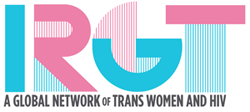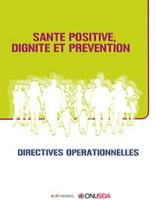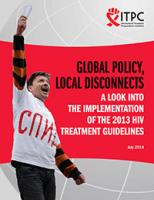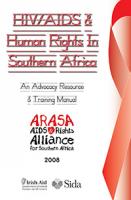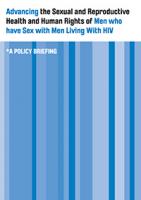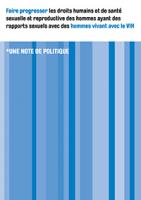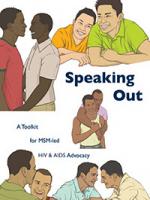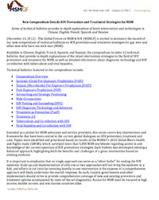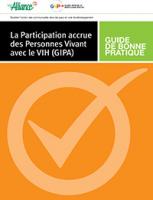
Published in 2013 by GNP+ and UNAIDS, the primary goals of Santé positive dignite et prévention (Positive Health, Dignity and Prevention) are to improve the dignity, quality, and length of life of people living with HIV. If achieved, this will, in turn, have beneficial effects on their partners, families, and communities, including reducing the likelihood of new infections. Positive Health, Dignity and Prevention is not just a new name for the concept of HIV prevention for and by people living with HIV, formerly known as ‘positive prevention’. Rather, Positive Health, Dignity and Prevention is built upon a broader foundation that includes improving and maintaining the dignity of the individual living with HIV; supports and enhances the individual’s physical, mental, emotional and sexual health; and, which, in turn, among other benefits, creates an enabling environment that will reduce the likelihood of new HIV infections.
